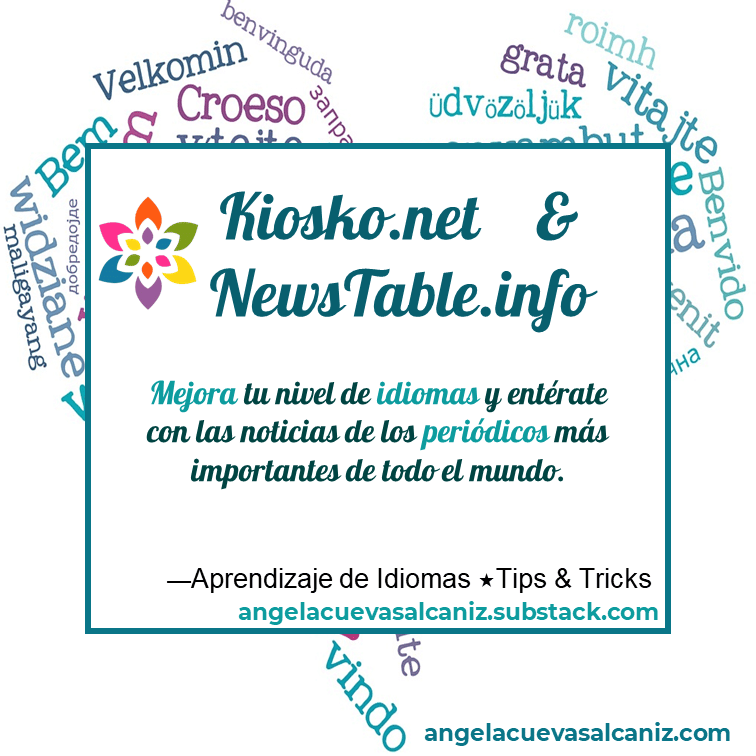
Reading newspapers online is a great way to practice languages.
Because?
Because it undeniably allows you to increase your vocabulary. Whether you want to learn basic, run-of-the-mill or complex vocabulary from a specific industry, by regularly reading foreign newspapers, you not only learn vocabulary, but also sentence structure, syntax, and grammar. and conjugation. You are soaking up grammar, spelling, collocations, vocabulary, etc., practically without realizing it.
Apart from that, the topic of reading newspapers in a foreign language goes beyond mere language: newspapers and magazines put you in contact with the culture of the speakers of the language you are studying. If you are learning English just to get a certification, then this doesn't matter to you. But if you are learning English to then communicate in a real context in the future, or even if you plan to go to work in another country at some point, or work in an international environment, then it will be great for you to have a little control of the culture of those with whom you want to communicate.
What puts people off most when they are reading newspapers in a foreign language are the words they don't know, but we have already seen that with online dictionaries, which translate words or entire phrases with a couple of clicks (like ImTranslator), That's not a problem anymore.
→ And I recommend that you use them, even if you already have one more level advanced. We always learn new words and expressions, and if we have to copy and paste, both of us headlines have had our noses swelled and we skip the English (or Swahili) newspapers and the mother who wrote them. was born.
By the way, remember that ImTranslator He can also pronounce the word so you can learn the pronunciation.
Why is this important?
Well, because apart from the fact that, obviously, it helps a lot to know how words are pronounced when speaking a language (irony on), it will also help you with the issue of Listening in an exam, or when understanding that word in a real context. Logically: if you don't know the pronunciation of a word, you won't identify it when you hear it, and this is something that happens a lot: we hear for the first time a word that we have seen a thousand times in writing, but whose pronunciation we don't know. We don't understand it, and then we look like idiots when we see it, “But I've seen that word a thousand times!!”
Well that.
So going back to Kiosko.net already NewsTable.info, here I leave you what they can do.
1) Kiosko.net – directly shows the covers of the newspapers, which are organized by geographical areas, by continents, and within these by countries. We can jump from one to the other, happily. If we click on the cover of one, it takes us directly to the newspaper's main website.
2) NewsTable.info - Is different. We have a selection of the most recognized media from different countries. If we click on any of the headlines, the information expands, and along with it we are offered a link to the specific news item.
→ Here, I don't know why, but RTVE always comes out with the most insignificant news, which is worth it too...
And that's it.
I hope you enjoy it, and tell me below, if you'd like, what you thought of these resources.
A kiss and good afternoon!
????????






